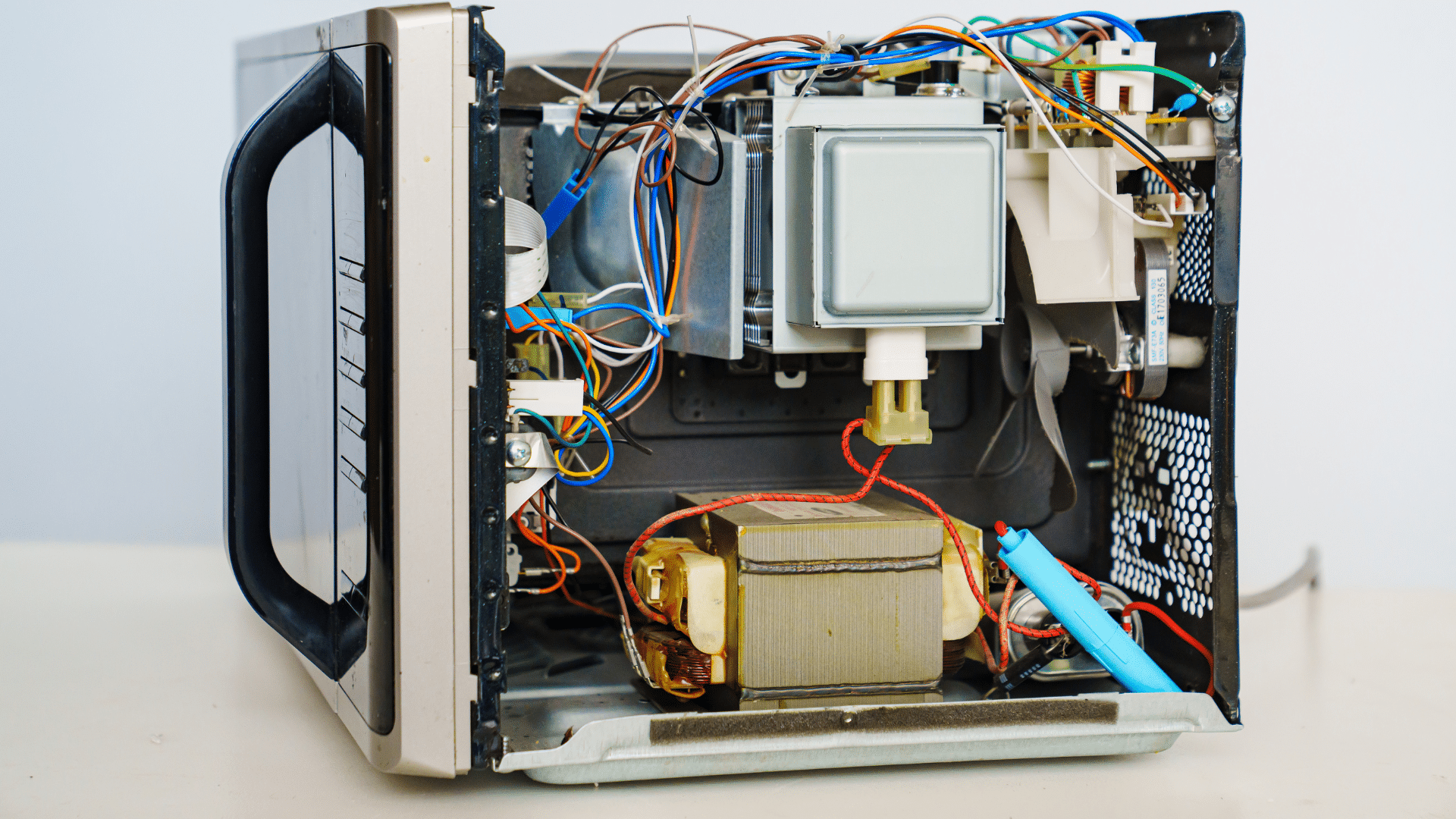
In the modern world, refrigerators have become an indispensable part of our daily lives, preserving our food, extending its shelf life, and providing us with refreshingly chilled beverages. However, the journey to the development of this essential appliance has been a fascinating one, marked by innovation, scientific breakthroughs, and a relentless pursuit of convenience. Let’s delve into the intriguing history of refrigerators, from ancient cooling methods to the cutting-edge technologies of today.
Ancient Cooling Techniques
The concept of refrigeration dates back to ancient civilizations, where ingenious methods were used to cool and preserve food. The ancient Egyptians, for instance, stored ice and snow in underground chambers to keep perishable items fresh. Similarly, the Greeks and Romans would transport ice and snow from distant mountains and store them in specially designed pits, often covered with straw or sawdust to insulate against heat. These methods, although rudimentary, laid the foundation for the future development of refrigeration technology.
Mechanical Advancements
The 18th and 19th centuries saw significant advancements in the field of refrigeration. It was during this time that inventors began experimenting with various mechanical methods to create artificial cooling. One notable figure was William Cullen, a Scottish physician, who, in 1748, demonstrated the cooling effect of evaporating liquids and laid the groundwork for vapor compression refrigeration.
However, it was the efforts of American inventor Oliver Evans in the early 1800s that marked a turning point. Evans designed a closed-cycle refrigeration system using vapor compression, which laid the foundation for the modern refrigerator’s working principle. His design, though not commercially successful, set the stage for further innovation.
Refrigeration Comes of Age
The late 19th century witnessed the birth of practical refrigeration systems. In 1851, an American physician named John Gorrie built an ice-making machine to cool the air in hospitals, seeking relief for patients suffering from diseases exacerbated by heat. Meanwhile, German engineer Carl von Linde developed a practical and efficient refrigeration cycle in the 1870s, leading to the creation of the first industrial refrigeration systems.
The Early Domestic Refrigerators
The early 20th century saw the transition of refrigeration technology from industrial use to the domestic sphere. In 1913, the first true home refrigerator, the “Domelre” (short for “domestic electric refrigerator”), was introduced by Fred W. Wolf Jr. This early model used a compressor and utilized toxic gases like sulfur dioxide and methyl chloride, making it potentially hazardous.
The Breakthrough: Freon and Modern Refrigerators
The development of safe and effective refrigerants revolutionized the refrigerator industry. In the late 1920s, a collaboration between General Motors and Frigidaire led to the invention of chlorofluorocarbons (CFCs), commonly known as Freon. These non-toxic, non-flammable gases revolutionized refrigeration, allowing for safer and more efficient cooling systems.
The 1930s and 1940s saw the rapid adoption of Freon-based refrigerators in households, marking the shift from the “icebox” to modern refrigeration units. The design and technology continued to evolve, with features like automatic defrosting, improved insulation, and more efficient compressors.
Energy Efficiency and Environmental Concerns
As refrigeration technology continued to advance, energy efficiency and environmental considerations took center stage. In the late 20th century, concerns about the ozone-depleting properties of CFCs led to their gradual phase-out under the Montreal Protocol. This prompted the search for alternative refrigerants, leading to the development of hydrochlorofluorocarbons (HCFCs) and eventually hydrofluorocarbons (HFCs).
Additionally, advancements in insulation materials and compressor technology have significantly improved the energy efficiency of modern refrigerators, making them more environmentally friendly and cost-effective to operate.
Smart Refrigeration and Beyond
The 21st century has witnessed the integration of smart technology into refrigerators. From touchscreen displays and Wi-Fi connectivity to advanced temperature and humidity control, refrigerators have become high-tech appliances that cater to our evolving needs.
Furthermore, researchers and scientists continue to explore cutting-edge cooling technologies, such as magnetic refrigeration and thermoelectric cooling, which have the potential to further revolutionize how we keep our food fresh and our beverages chilled.
Conclusion
The history of refrigerators is a testament to human ingenuity and our unceasing quest for convenience and preservation. From ancient cooling methods to the modern, energy-efficient, and smart appliances of today, the refrigerator has come a long way. As technology continues to evolve, it’s exciting to anticipate the future innovations that will shape the refrigerators of tomorrow, making our lives more comfortable and our food storage even cooler.
Be sure to follow our blog for more interesting facts, information, news and tips!

Elevate Your Kitchen: A Guide to Choosing Aesthetically Pleasing Appliances
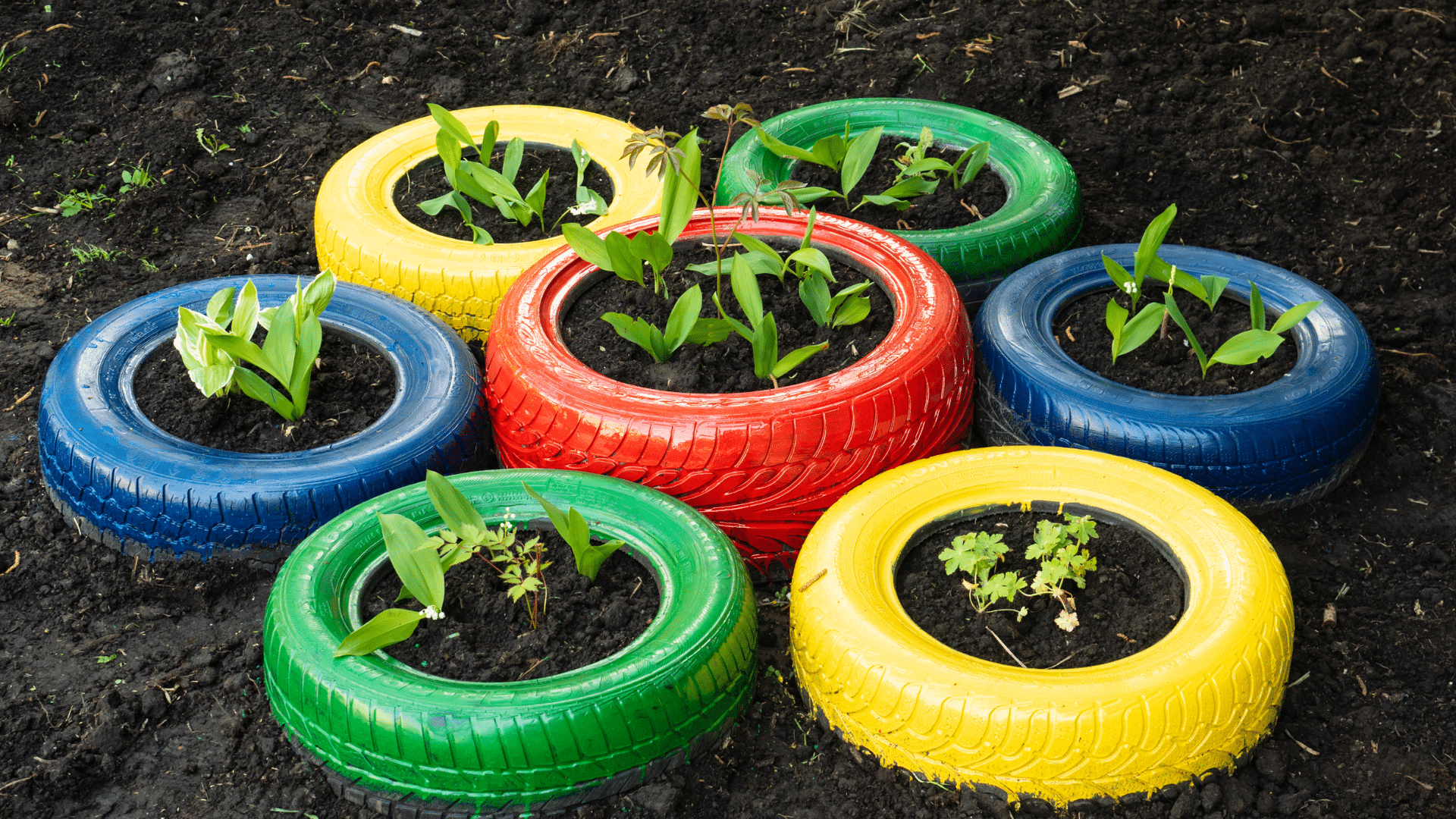
Reviving Old Appliances: Upcycling for a Sustainable Future
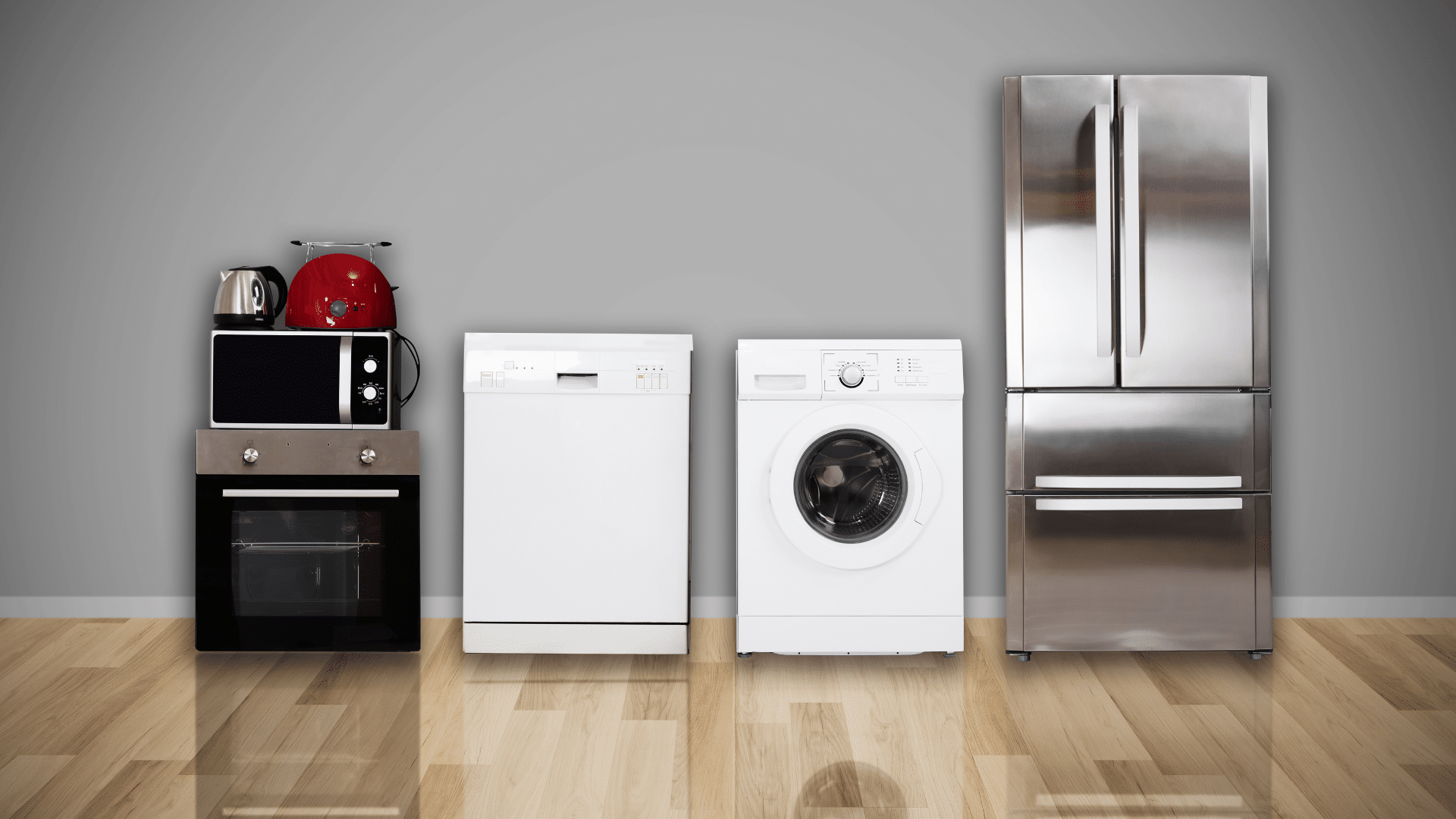
To Repair or Replace? Making the Right Decision for Your Appliances

5 Best Breakfast Spots in Reno 2024
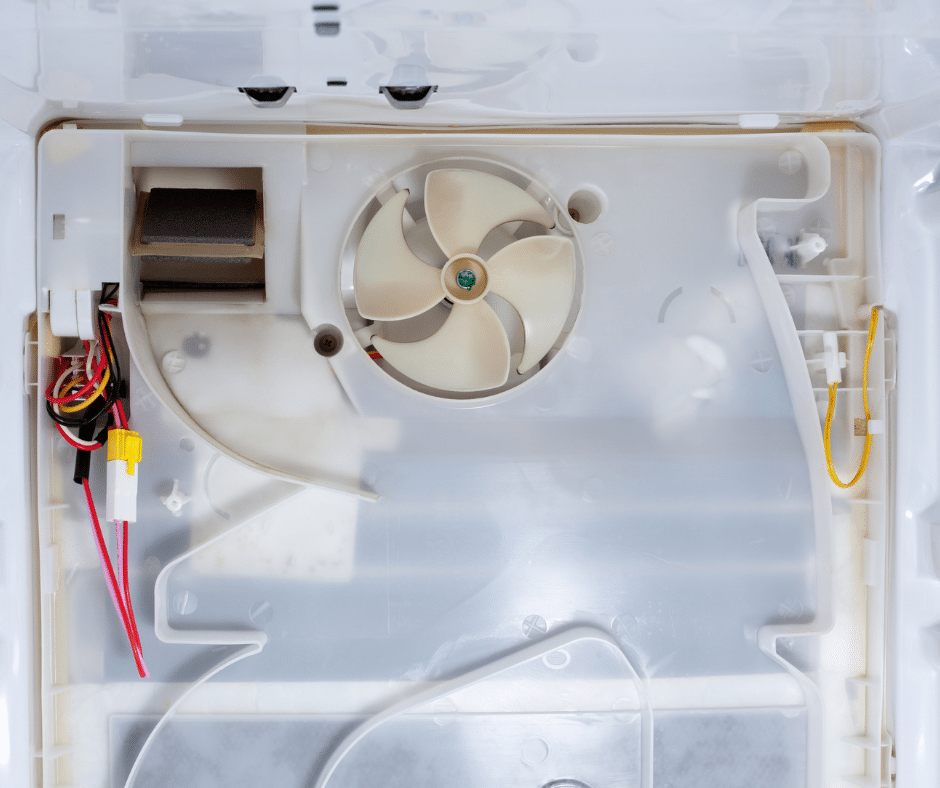
Understanding the Inner Workings of a Refrigerator: A Cooling Marvel

Unveiling the Most Commonly Reported Issues with Household Appliances

Unveiling the Mystery: Why Water Might Taste Weird Coming Out of Your Fridge Water Dispenser
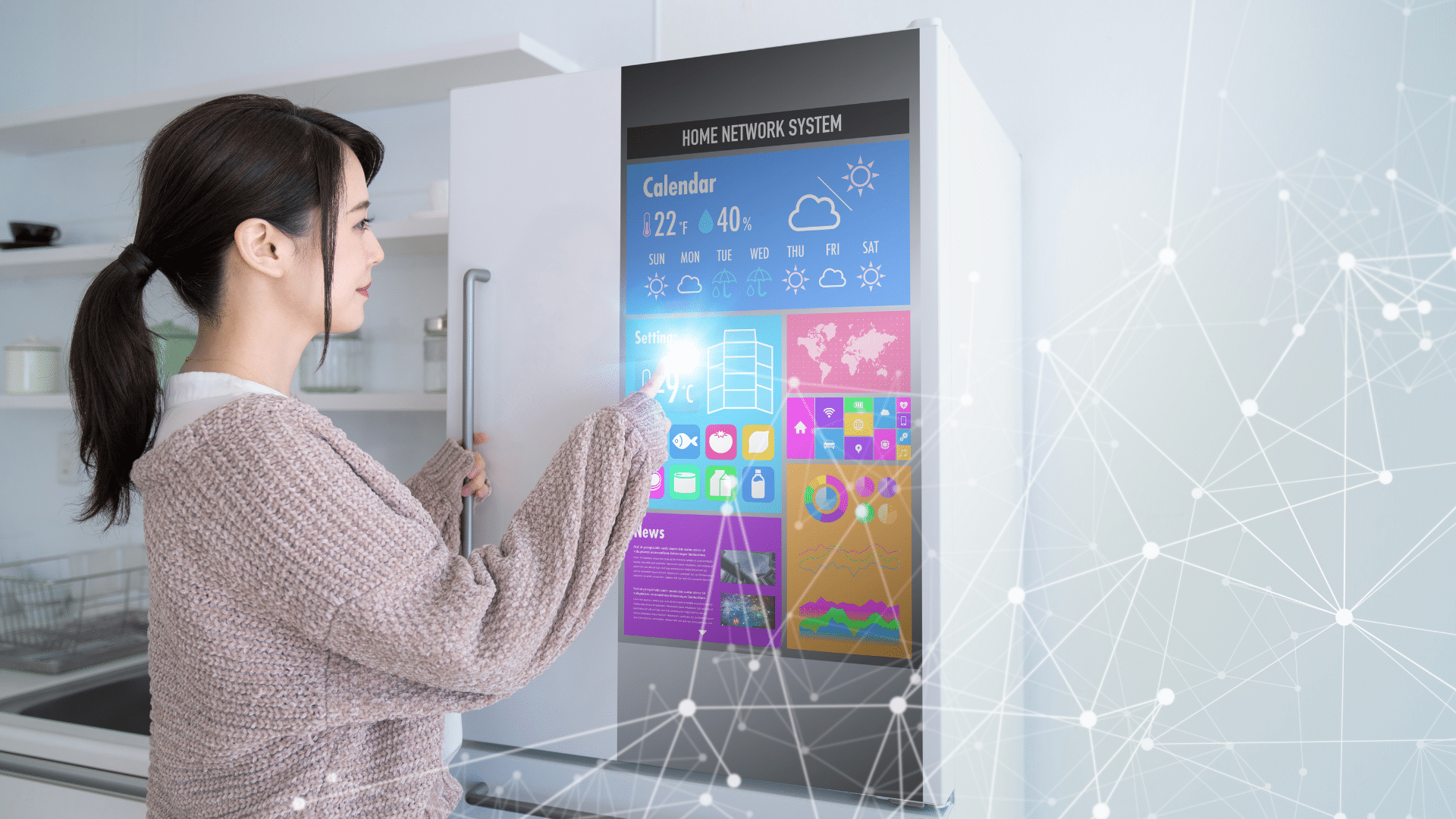
Revolutionizing Appliance Repairs: The Impact of Technological Advancements

Appliance Recalls: Safeguarding Your Home with Essential Know-How
